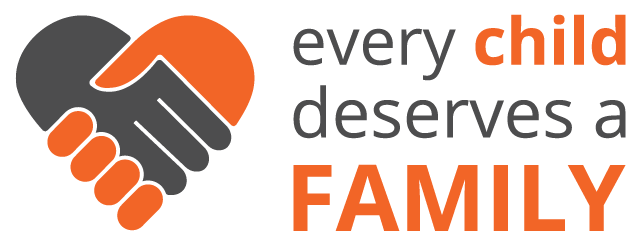Rick's Journey to Adopt
Rick Whitaker
New York, New York
My boyfriend and I first attempted to adopt in 2006. We identified a child for adoption who had lived in an institution far from NYC in western New York State, and whose parents were no longer fighting for custody. We had a home study, were fingerprinted, and were given a green light, so we contacted the county worker in charge of the 8-year-old boy we hoped to adopt. We'd had MAPP training, but were otherwise not being advised or coached or helped. We were instructed to make the six-hour drive to meet the child.
The first meeting went well; we drove home. We then arranged for a series of increasingly longer visits with him, and we were given permission to take him camping overnight, to an amusement park, etc. We spent a total of ten full days visiting with him and saw no reason not to tell him that we hoped and planned to adopt him. Then, after these visits, during which we became deeply attached to him and he to us, the county worker called and said we would not be able to adopt him after all, nor would we be given a chance to say goodbye to him or explain the situation to him. The reason: I had published a memoir in 1999 called Assuming the Position: A Memoir of Hustling in which I described my two-year experience with prostitution and drug use. So, as became immediately clear, neither the author of our home study nor the county worker had bothered to ask what kind of books I had written (I had told them I was a writer) nor had they bothered to Google me before sending the 8 year old child in their charge out with us for weekends of camping overnight. We fought their decision hard, but lost, and never saw the boy again.
In the course of the heartbreaking experience we'd suffered in our first attempt to adopt, we'd heard about an adoption agency, Family Focus Adoption Services, based in Little Neck, Long Island, that specialized in protecting kids from being hurt in the process of being adopted. (We felt that the child we were not able to adopt had been severely re-traumatized by getting to know us only to see us disappear without explanation, and we wanted at all cost to avoid that sort of thing happening again). We met Jack Brennan, Family Focus's adoption specialist, and asked him if he could help us fight the decision that prevented us from adopting the child we'd met. He replied that it was impossible to force the county worker to change her mind: her decision was final. It was very sad, but we had lost.
But, Jack said, I just met a kid who might be the one you should adopt. He described David, then 14 years old, as an intelligent, stable adolescent who was probably gay. Jack felt that he would be better placed with two gay men than with, for example, religious Republicans with whom he might clash. We had not intended to adopt a teenager, but we agreed to meet him. We explained to Jack the difficulty we'd had on account of my memoir. He assured us that he would use that information to our advantage, arguing that the fact that I had publicly described those elements of my past spoke well of my character--I'd been honest, forthright, and had moved on, putting those days behind me many years before.
We met David, and gradually, with expert help from Jack and the staff at Family Focus, we got to know him; he moved in with us; and eventually, after a long, helpful, remarkable process of enlisting David's direct involvement in the process--in a 6-step transition, he must ask us to continue with the adoption, and finally he must ask to be adopted--and despite a big setback when my partner left six months after David moved in, I adopted David myself on October 16, 2009. We lived together until David was 23. Now he lives on his own, with an excellent job, his own apartment, a dog, friends, and a very strong bond with me and our extended family. We're very close, we love one another profoundly, and we'll be a family forever. Adopting David was the best thing I've ever done for myself.
I oppose discrimination in foster care and adoption based on religion, sexual orientation, or gender identity because:
There has been a long history of bias against gay men adopting, with prevalent suspicions and assumptions that are simply unfair. Gay men can be great dads. I'm a good dad (my son says I'm "the best dad ever"). With so many children and teenagers awaiting adoption, no good candidate for becoming an adoptive parent should be turned away simply on the basis of bias against the non-religious, the queer, or those whose gender is non-binary or trans. Any sane adult with the means and the desire to adopt should be considered and given a fair chance.
